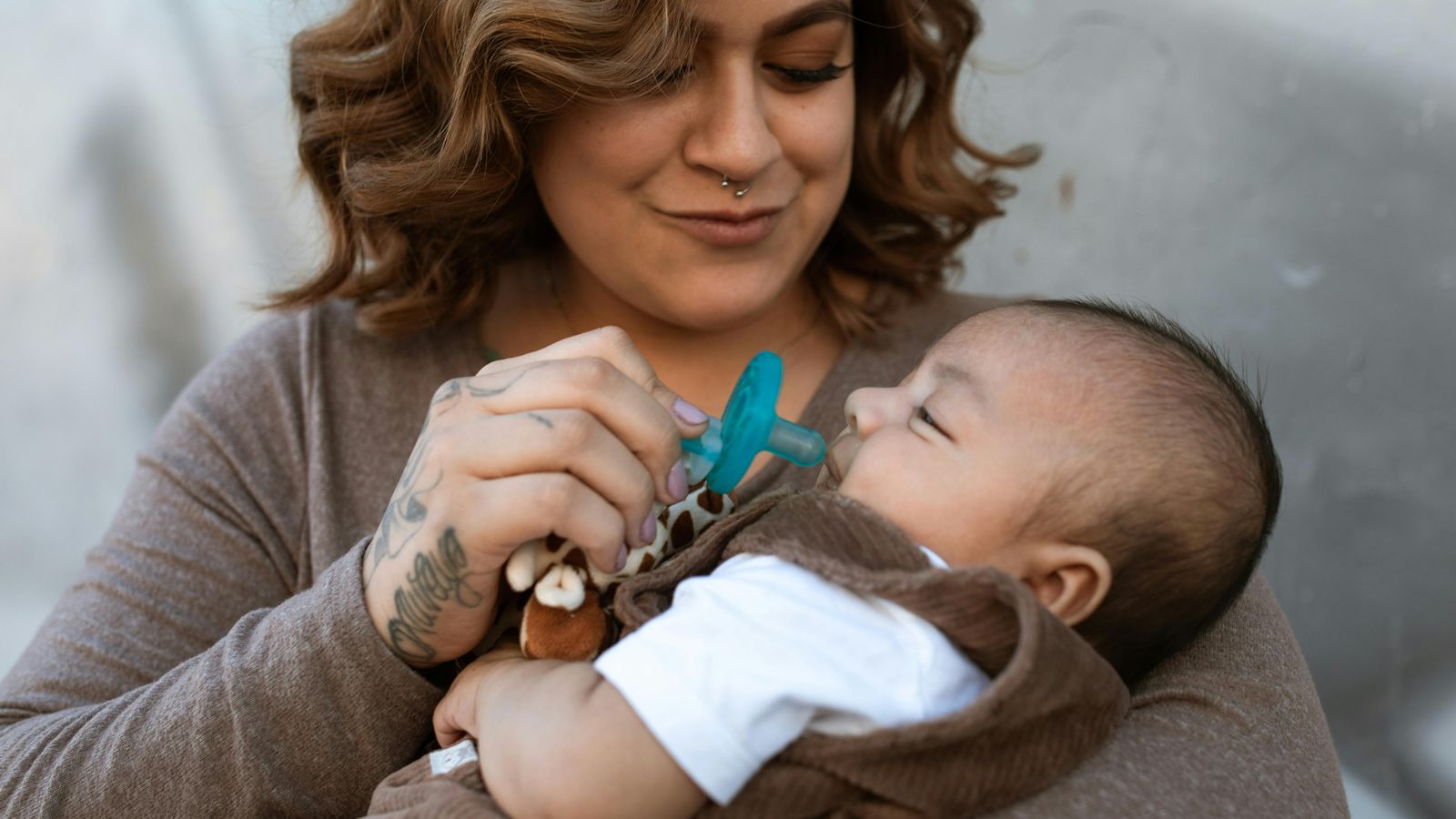Refinery29: Prof. Mendez on Why Latinas Are Overrepresented in the Foster Care System

Why are Latinas so overrepresented in the foster care system? Alicia Mendez, a research assistant professor at Boston University School of Social Work (BUSSW), shares her expertise in a new Refinery29 article exploring the punitive effects of the foster care system’s bias towards normative white American standards of parenting.
Excerpted from “Why Are Latinas So Overrepresented In The Foster Care System?” in Refinery29 by Nicole Froio:
 The child welfare system was created under the guise of supporting families,” Mendez tells [Refinery29] Somos. “However, we have lots of research and numbers that show that [the system] at best prioritizes family preservation for white families. There is language in our policies that punitively harm Latine families.”
The child welfare system was created under the guise of supporting families,” Mendez tells [Refinery29] Somos. “However, we have lots of research and numbers that show that [the system] at best prioritizes family preservation for white families. There is language in our policies that punitively harm Latine families.”
Built on racism and xenophobia, the foster care system measures immigrant families through a normative white American standard when determining whether they are “good” parents. “In many ways, these systems are punishing them for not assimilating quickly enough and for a lack of understanding due to cultural differences,” Mendez says. Language barriers can result in misunderstandings — or complete lack of knowledge — of the law that might come across as bad parenting to the state. For example, school attendance is usually mandatory by law across the U.S. from 6 to 16 years old, but in some countries this law doesn’t exist. Still, the child welfare system criminalizes families that had no knowledge of the law and, therefore, didn’t comply. Additionally, poverty and precarity are often understood as unfit parenting, while many of these families are low-income. “And these families continue to be under-resourced. In some cases, families are fleeing places that they don’t want to flee because of settler colonialism. It’s their home, but they don’t really have any other choice [but to leave]. And they have to come to the United States and deal with a system that is unfamiliar to them.”
Professor Mendez joined BUSSW in 2023. Her research focuses on intergenerational trauma, child sexual abuse, and the child welfare system. She investigates the impact of trauma on parents and children, focusing on strength and growth following traumatic events, and explores parent-infant mental health practices and how policies focusing on trauma-informed care are implemented at the organizational and client level.